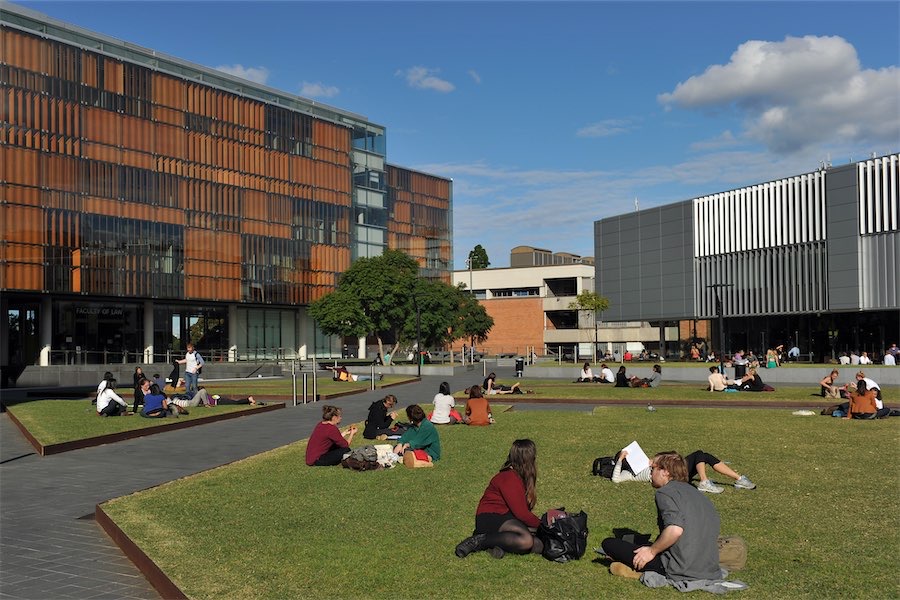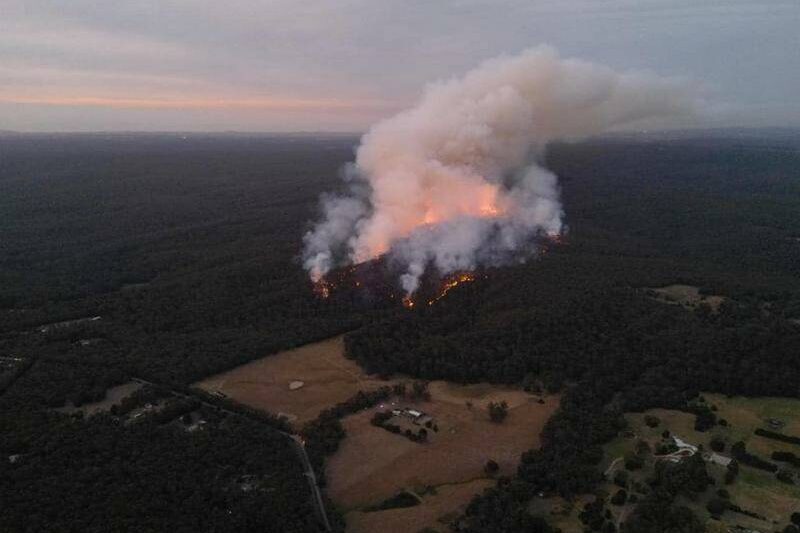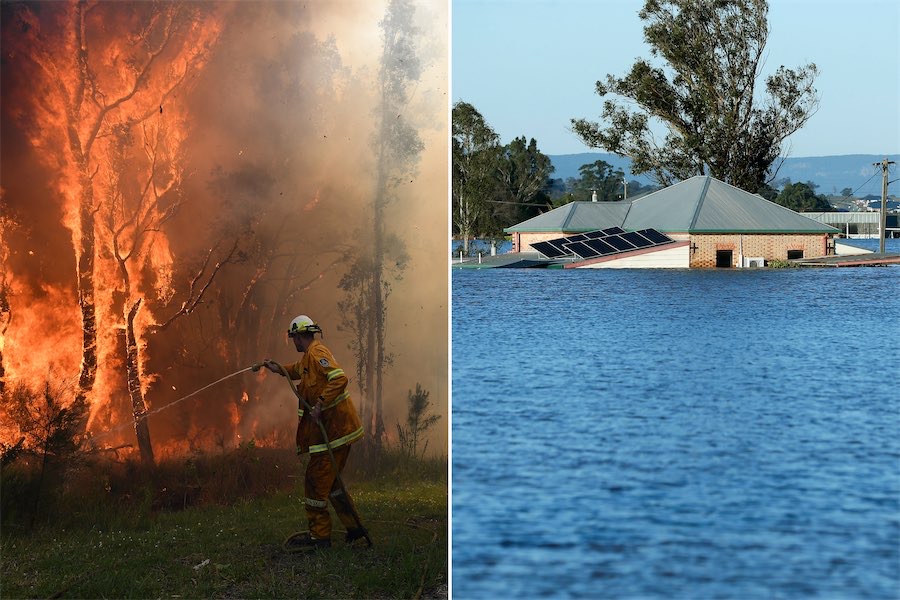
By William Ton and Rachael Ward in Melbourne
Three million Australians will have lower annual student debt repayments if the government wins the next election as the prime minister unveils the first major pitch to voters and seeks to move on from a string of controversies.
The minimum repayment threshold for student loans would jump by about $13,000 a year, so graduates would begin paying down debts once they earned $67,000, instead of $54,000, from July 1, 2025.
The government would also move to a marginal repayment system in which the amount of a debt repaid was a proportion of income above a given threshold, as recommended by the Universities Accord.
Prime Minister Anthony Albanese is seeking to turn a new page following controversy over his Qantas flight upgrades and a home purchase
Revelations Mr Albanese received 22 free flight upgrades from Qantas, some during his time as transport minister, and allegations he liaised personally with the airline’s former boss Alan Joyce have dogged the prime minister for much of the week.
Before that, controversy brewed around his decision to buy a $4.3 million clifftop property on NSW’s central coast, with questions over whether the purchase was a “good look” during a cost-of-living crisis.
Mr Albanese will join his South Australian counterpart for a campaign rally on Sunday to detail the student loan policy as he starts to lay out Labor’s agenda ahead of the next election, expected by May.
“This is what Labor governments do – we help people under pressure and we build for the future,” Mr Albanese said.
“This will be the heart of the positive and ambitious agenda we take to the Australian people at the next election.”
An average HELP debt holder will save about $680 per year, with graduates earning $70,000 set to pay $1300 less and those on $80,000 getting a cut of $850.
The changes would affect about one million young Australians and would apply to all graduates earning up to $180,000 a year.
The government will aim to legislate the changes in 2025 to take effect from July 1.
“Labor will always be the party of education,” Mr Albanese said.
“No matter where you live, no matter how much your parents earn, we will work to ensure the doors of opportunity are open for you.”
Universities Australia hailed the move as a win for students, with the cost of living factored into a person’s decision to start and finish university.
“This additional relief will provide much-needed support for those already paying off a HELP debt,” the organisation said in a statement.
“We also hope it will give more people confidence to study at university.
“Australia needs a strong pipeline of skilled workers to ensure our future success, which means educating more graduates.”
Who can be trusted?
In a world of spin and confusion, there’s never been a more important time to support independent journalism in Canberra.
If you trust our work online and want to enforce the power of independent voices, I invite you to make a small contribution.
Every dollar of support is invested back into our journalism to help keep citynews.com.au strong and free.
Thank you,
Ian Meikle, editor





Leave a Reply